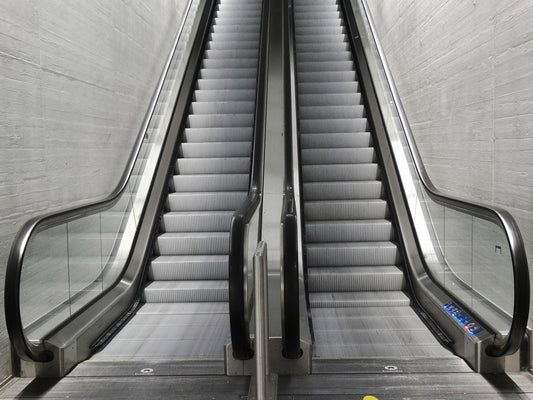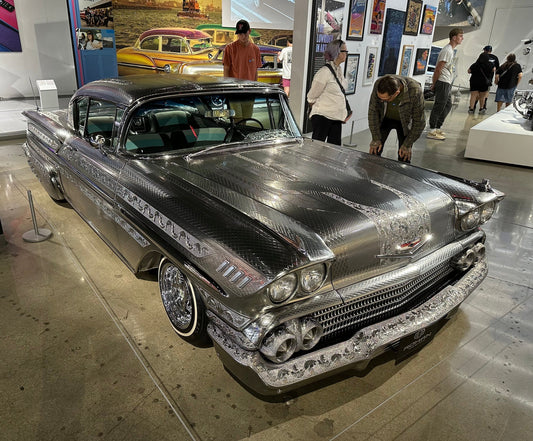Limiters and compressors
by Paul McGowan
Recording studios have a wide variety of choices when it comes to squeezing music's dynamics. This squeezing can be for a variety of reasons including, increased loudness, and insurance against clipping.
To perform these tasks two pieces of technology are typically employed, limiters and compressors. I find both terms to be a bit confusing, because limiters can compress, and compressors can limit. Let's see if we can unravel what's going on.
The basic idea behind a limiter is to reduce peak volume levels, while a compressor's function is the opposite, turning the volume up on soft passages. Depending on how they are used, recording engineers can get very different results. Let's take the limiter as our subject for today.
A simple peak limiter is an automatic volume control that senses when fast moving audio peaks occur and turns down their level. In this use case the limiter is compressing the maximum dynamic range into a smaller space, so we might say the limiter is compressing, though that doesn't mean we'd hear it doing so.
Here's the thing. Properly used and set, music run through a limiter won't sound compressed. That is because the ear won't detect overall level changes when they apply only to occasional peaks. But how does a limiter distinguish peaks from steady state music? Timing.
Most limiters are built with timing smarts that help them sound natural: fast transients are reduced without affecting overall level because the volume adjustment is applied only to the transient. You don't "hear" a well setup peak limiter. Change timing settings incorrectly and listeners experience "pumping". You might have heard some radio stations do this where a plosive or a loud transient turns the overall level noticeably down, then the sound slowly comes back up, as if a hand is slowly turning up the level.
True compression can easily happen with limiters in the wrong hands. An engineer wishing to increase overall loudness of a track or album, need only turn the level up so the softest passages are loud. Now, when the loud passage in the music comes, the volume is automatically adjusted down to match that of the softer levels and you get this obnoxious compression ruining the original dynamics.
Tomorrow, compressors.
- Choosing a selection results in a full page refresh.
- Opens in a new window.









